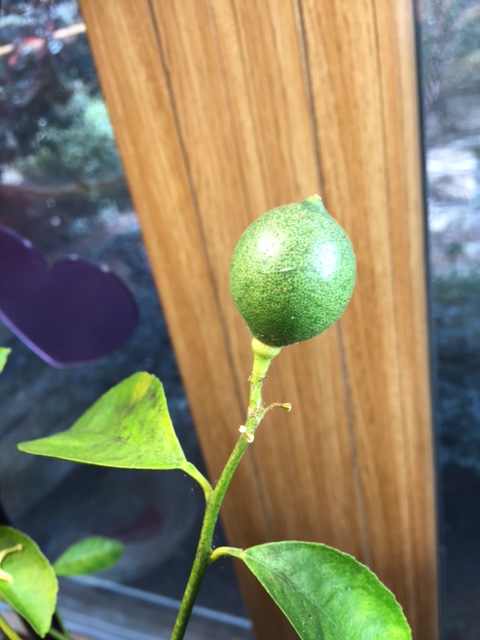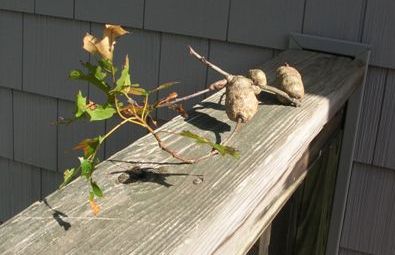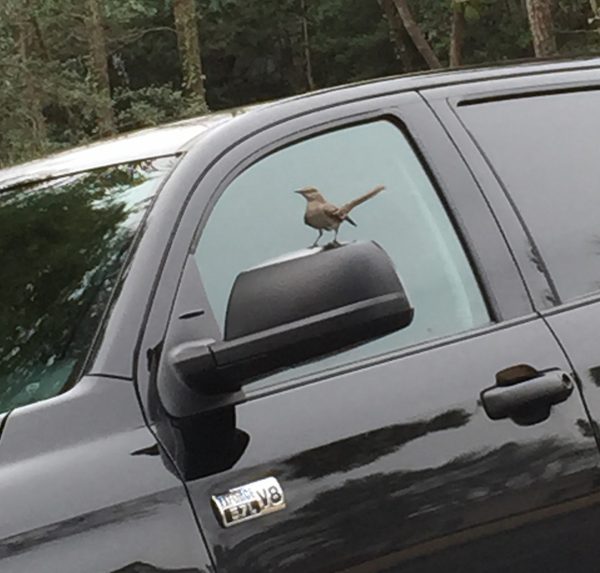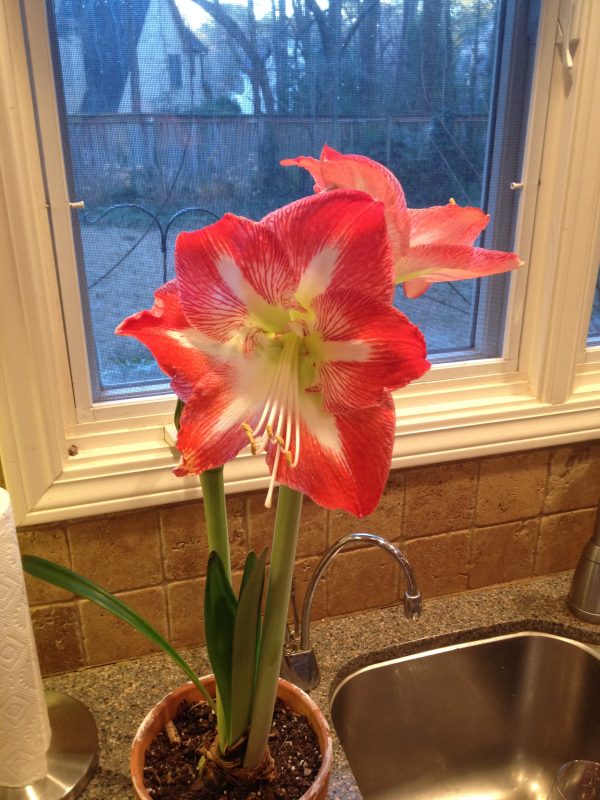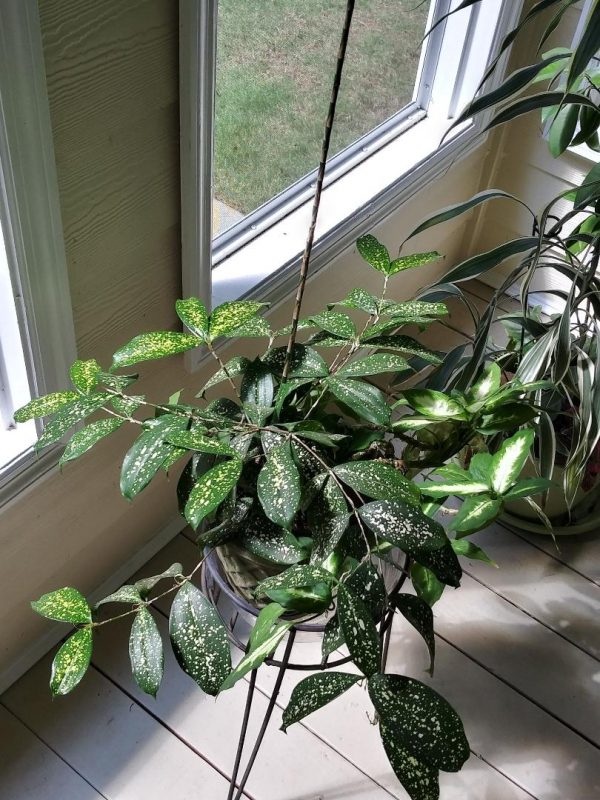Flea – General Control

Great fleas have little fleas
Upon their backs to bite ’em,
And little fleas have lesser fleas,
And so ad infinitum,
And the great fleas themselves, in turn,
Have greater fleas to go on,
While these again have greater still,
And greater still, and so on.
Augustus de Morgan
TAKE MY FLEAS – PLEASE!
“We came back from vacation and the house was full of them!”
“I sat down on the sofa and I must’ve had a dozen biting my legs in a minute!”
Any Atlanta pet owner knows about the inevitable flea fight each summer. High humidity and high temperatures make the perfect environment for flea development on dogs and cats. Many products promise control – but what really works?
Successful flea control is always accomplished by battling on three fronts: control on the ANIMAL, control in the HOUSE and control OUTDOORS. Failure in any one of these areas results in poor control.
HOW THEY LIVE Most flea infestations in homes and yards are caused by either cat or dog fleas which infest cats, dogs, and humans. Many pets are allergic to flea bites and may exhibit severe skin reactions which can linger for an extended period. Fleas also can transmit tapeworms to cats and dogs.
A single female flea will lay about 400 eggs on the host animal during her six-month lifetime. Most of these eggs fall off on to the carpet, pet bedding, lawn, or wherever the animal happens to go. Flea larvae hatch from the eggs and begin feeding on adult flea feces for two weeks. Each one eventually becomes a pupa stage by wrapping itself in a tiny cocoon. A flea can remain in their cocoon for months. But when an animal comes close, the dormant flea emerges from the cocoon as an adult and immediately hops toward its first meal.
ON THE ANIMAL Flea shampoos, dusts and collars are only slightly effective at killing their intended target. Once upon a time, they were all that we had. Science has recently discovered several chemicals which stop fleas from hatching or which actually kill the adults when they feed on your animal. These chemicals (Program, Frontline, Advantage, etc) are usually prescribed and administered by a veterinarian. They may be more costly that “over the counter” products but they are hugely more effective.
IN THE HOUSE If your pet has dropped flea eggs in your home, the larvae will wait for as long as it takes for a blood meal to come walking by. The safest way to get rid of them is to vacuum the home thoroughly every week. The vacuum will pick up eggs and larvae but won’t control adult fleas. Flea foggers are difficult to use safely and effectively. Insecticide sprays for the carpet work somewhat better. The best indoor adult flea control is an insecticide spray (deltamethrin, methoprene, permethrin, etc.) combined with an insect growth regulator (Precor, etc.).
OUTDOORS It is a waste of time and insecticide to treat an entire lawn for fleas. Flea eggs and adults are concentrated in the places where your animal rests during the day. The best places to treat are
-
near food and water bowls, along the fence where the animal runs and in any other spot where your pet regularly stops. Pay particular attention to the area inside and around an outdoor dog house.
Several insecticides are labeled for outdoor flea control. Granular insecticides can be spread and then watered into the soil. Other insecticides can be purchased in a liquid concentrate to spray on the earth. Always follow all label directions and precautions for any insecticide used.






